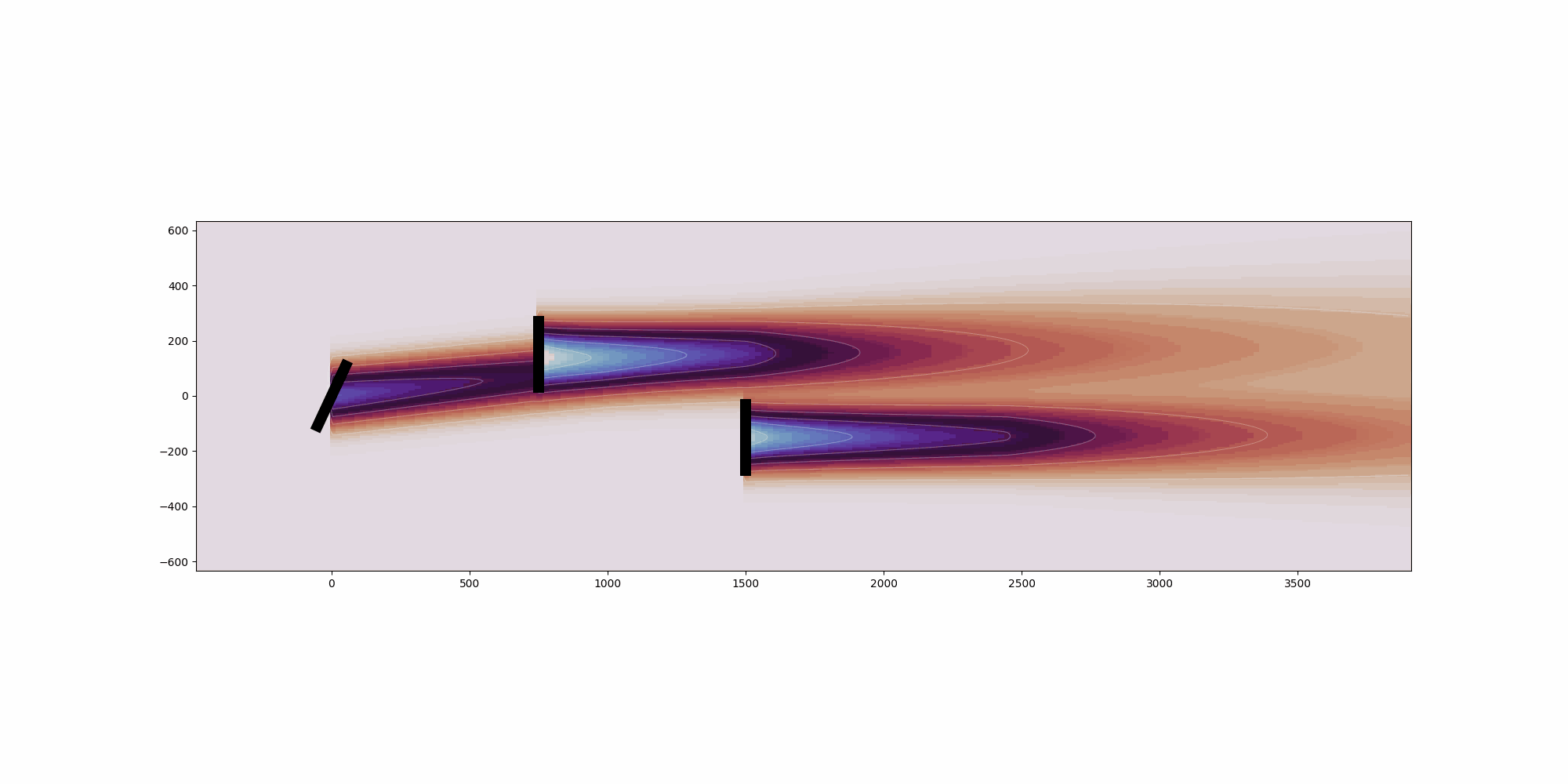Source code for floris.logging_manager
import logging
from datetime import datetime
import coloredlogs
# Global variables for logging
LOG_TO_CONSOLE = True
CONSOLE_LEVEL = "INFO"
LOG_TO_FILE = False
FILE_LEVEL = "INFO"
def _setup_logger():
"""
Configures the root logger based on the default or user-specified settings.
As needed, a StreamHandler is created for console logging or FileHandler
is created for file logging. Either or both are attached to the root
logger for use throughout FLORIS.
Returns:
logging.Logger: The root logger from the `logging` module.
"""
# Create a logger object for floris
logger = logging.getLogger(name="floris")
logger.setLevel(logging.DEBUG)
# level_styles = {'warning': {'color': 'red', 'bold': False}}
fmt_console = "%(name)s %(levelname)s %(message)s"
fmt_file = "%(asctime)s - %(name)s - %(levelname)s - %(message)s"
file_name = "floris_{:%Y-%m-%d-%H_%M_%S}.log".format(datetime.now())
# Remove all existing handlers before adding new ones
for h in logger.handlers.copy():
logger.removeHandler(h)
# Configure and add the console handler
if LOG_TO_CONSOLE:
console_handler = logging.StreamHandler()
console_handler.setLevel(CONSOLE_LEVEL)
console_format = coloredlogs.ColoredFormatter(
# level_styles=level_styles,
fmt=fmt_console
)
console_handler.setFormatter(console_format)
console_handler.addFilter(TracebackInfoFilter(clear=True))
logger.addHandler(console_handler)
# Configure and add the file handler
if LOG_TO_FILE:
file_handler = logging.FileHandler(file_name)
file_handler.setLevel(FILE_LEVEL)
file_format = logging.Formatter(fmt_file)
file_handler.setFormatter(file_format)
file_handler.addFilter(TracebackInfoFilter(clear=False))
logger.addHandler(file_handler)
return logger
[docs]
class TracebackInfoFilter(logging.Filter):
"""Clear or restore the exception on log records"""
def __init__(self, clear=True):
self.clear = clear
[docs]
def filter(self, record):
if self.clear:
record._stack_info_hidden, record.stack_info = record.stack_info, None
elif hasattr(record, "_stack_info_hidden"):
record.stack_info = record._stack_info_hidden
del record._stack_info_hidden
return True
[docs]
class LoggingManager:
"""
This class provide an easy access to the global logger.
The virtual property here allows a simple and dynamic method
for obtaining the correct logger for the calling class.
"""
@property
def logger(self):
return logging.getLogger(
"{}.{}".format(type(self).__module__, type(self).__name__)
)
